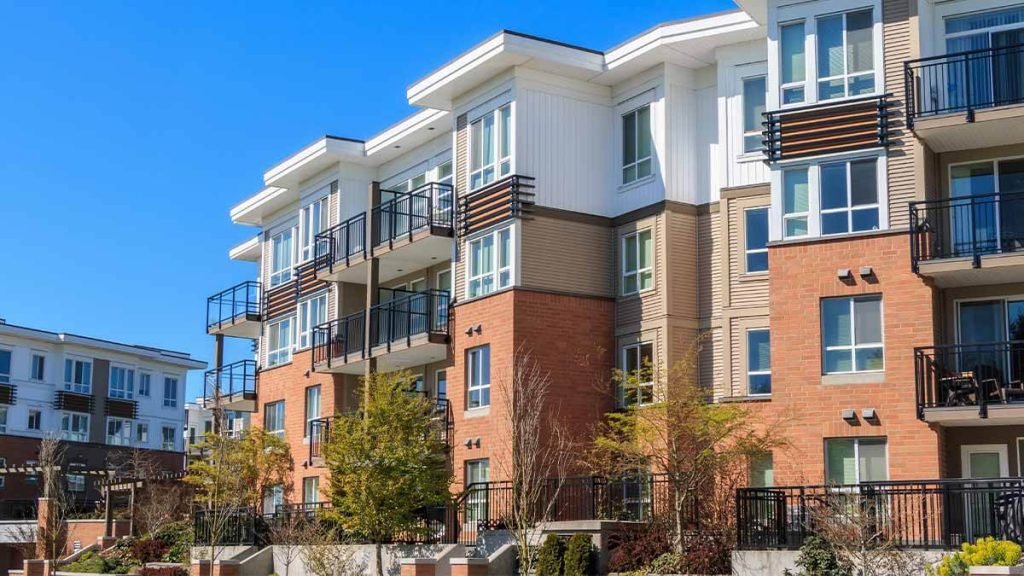If you have thought about moving to Canada, we know the main thing you might be worried about is finding a place to live. In this regard, there are many things you should consider, such as your budget and how much insurance coverage you will need. But if you want to ease this process, you need to understand the British Columbia tenancy act. Here you will find the fundamental laws that protect your rights as a tenant.
Before we break down the BC tenancy act, it is crucial to talk about all the requirements you should meet to rent a place in this province. The application process is not complicated, and if you are working with a real estate agent, they can help you out. Keep in mind that finding a place to rent could be difficult since this is a competitive market. But if you want to stay a step or two ahead of the competition, the only thing you need to do is have all the paperwork ready.

Table of Contents
Requirements to rent in BC
Your landlord could ask you for many documents and information. However, in this section, we will explain all the basic paperwork. Remember that the same way a landlord can choose you to be a tenant, you have the right to look for another home if you don’t feel comfortable.
- Credit report
This is probably the most vital document in your application since this is what will prove to the landlord you are good at handling debts. In other words, that means you will make all the rent payments on time. When you ask for the credit report from your banking institution, they will also give you a three-digit number that’s referred to as your credit score. In Canada, this number ranges between 300 and 900. Overall, to get a good rent agreement, you will need a score that is equal to or higher than 660.
If you have recently moved to Canada, it will take you a few weeks to get a credit card and start building up your credit score. This could take you several months.
- Proof of income
To get ahead of the competition, the main thing you should do is prove that you can afford the rent payments. There are several ways in which you can do this. However, we would advise you to get a formal letter from your employer, bank statements, and tax returns.
- References
In the same way, you have to prove to your landlord that you can afford the payment, you will need some references that can reflect your character. To get this, you can ask a friend or even a manager to write one up. It is important to remember all the references should come from somebody that is living in Canada.
Once you complete the application, keep in mind that you might have to wait a couple of weeks to hear back from the landlord. If you get a positive response, chances are that before you can sign the agreement, you will have to get tenants’ insurance. Even though many companies offer this protection, we would recommend you go with an insurance company with a solid track record, like Surex.
Breakdown of British Columbia Tenancy Act
The first thing you need to know about the British Columbia Tenancy Act is that it applies to all rental properties, including both apartments or houses. The BC Tenancy Act itself is very long. That’s why in this article, we will walk you through the primary things you need to know.
Responsibilities of tenants
Before talking about your rights as a tenant, you must understand your responsibilities. That way, you won’t get into any trouble with your landlord.
- Pay all the fees included in the tenancy agreement, such as rent on time.
- Do regular maintenance to the rental unit and keep it clean. Do the same with the common areas.
- If any of your guests cause any damages to the rental, it is your responsibility to repair it right away.
- In case the rental needs any repairs, it is your responsibility to tell the landlord right away.
- As the tenant, you shouldn’t disturb any people in the building, and your guests should follow the same rule.
When the tenancy begins
Before the tenancy begins as the renter, there are three things you should do. First, you need to sign the tenancy agreement. According to the residential tenancy act in BC landlords are responsible for providing tenants with the following information: how much the rent is, when you should pay it, and if there is any security deposit. In general, the landlord and the tenant will have 21 days to sign the agreement.
Then, with your landlord, you should inspect the condition of the rental unit. This should be written down in a report, and you must have a copy. Finally, it is your responsibility to ask the landlord for their full name, address and phone number.
When can the landlord evict you?
In the residential tenancy act for BC, it is explained in which circumstance the landlord can evict you. Here are the main ones.
- Not paying rent
If you don’t pay the rent on time, the landlord can give you a ten days’ notice. In this case, as the renter, you will have five days to pay the outstanding amount or dispute the resolution. If you don’t do either of them, the landlord can evict you.
- For cause
There are numerous reasons why you could be evicted for cause. For instance, if you make late payments regularly, disturb other occupants, damage the property, or if you are involved in any illegal activity. In this case, you’ll get one month’s notice to leave the property.
How can I end the tenancy?
Another thing you should understand about the BC tenancy act is how you can end the tenancy agreement. Usually, if this is a month-to-month tenancy, you will have to notify the landlord one month before the moving date. In case it is a fixed-term tenancy, you can move out at the end of the agreement. You can also end the tenancy after giving notice to the landlord just if that person breaches the material term. That means if they refuse to pay for utilities or if they don’t do the necessary repairs on time.
Now that you know this, you can confidently look for a home in BC.
